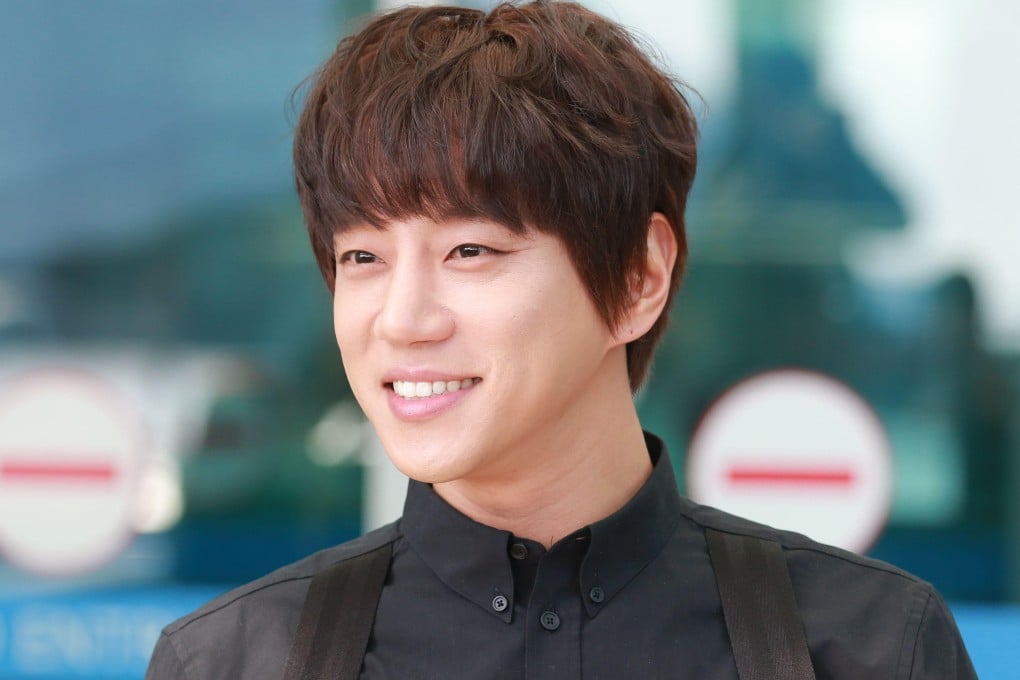K-pop star Hwang Chi-yeul sparks online pollution storm between China and South Korea
- Comments on air and water quality cause offence in Chinese online community
- South Korean television programme hits back with charge of cyberbullying

A K-pop star has ignited a rapidly escalating online war of words between his country’s media and Chinese offended by his criticism of China’s air and water quality.
Hwang Chi-yeul was discussing his recent trip to Changsha, in the central Chinese province of Hunan, during an appearance on the South Korean talk show Radio Star last Wednesday when he said his managers had warned him about China’s bad water and air quality beforehand.
“When I arrived at the airport [in China], I couldn’t see what was in front of me. The air quality was really that bad,” Hwang said.
“I took a sip of water, and even the taste wasn’t the same. But it did not matter overall … The environment doesn’t really affect me.”
The 38-year-old’s social media accounts were flooded with abusive comments from China’s online community, such as “Don’t come to China to earn money” and “You are not welcome in China”.
Chinese karaoke silences 6,000 songs including Hong Kong, Taiwan, K-pop artists’ music
Hwang, who gained widespread popularity in China after appearing on a reality singing contest produced by Hunan Television in 2016, published an official apology in Korean and Chinese on Friday for the “misunderstanding” his comments caused.